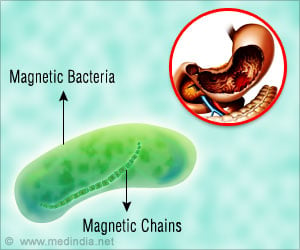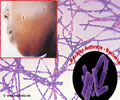
The lead scientist, Prof Kim Lewis, said that so far 25 new antibiotics have been discovered using this method and teixobactin is the latest and most promising one.
Lewis continued that the study shows that uncultured bacteria do harbor novel chemistry that they have not seen before. That is a promising source of new antimicrobials and will hopefully help revive the field of antibiotic discovery.
Dr James Mason from King's College London said they have shown that screening soil microorganisms for antibiotics is unfinished business.
Source-ANI














